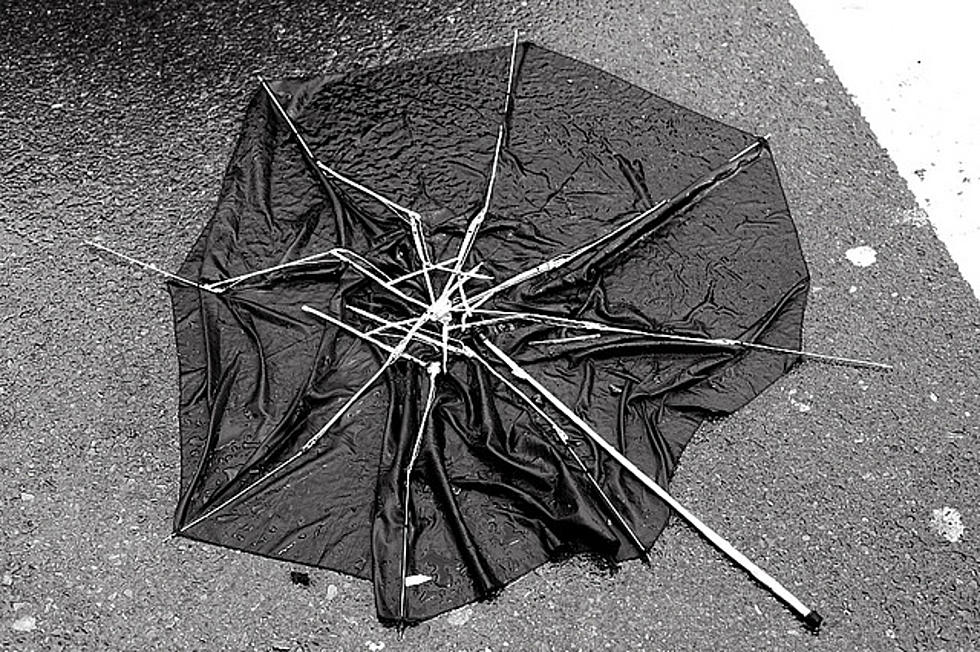
Superstorm nonprofit to remain intact for at least part of 2016
Hurricane Sandy-impacted homeowners will be able to continue getting help from the Ocean County Long Term Recovery Group for at least the first six months of 2016, according to Sue Marticek, the executive director.
The nonprofit agency was forced to eliminate some staff though, according to Marticek.
"We did have to downsize our staff, so we have let go five employees. We have funding through the first three months of the year for most of our staff, and then we have some continued for partial staff until June," said Marticek.
Marticek expects the need for help to remain for all of 2016 and possibly into 2017, especially as the group continues to assist some 500 homeowners deal with the frustrating and tedious process of piecing together construction budgets to either begin or complete projects and with National Flood Insurance Program (NFIP) claim reviews.
"I think it's safe to say the review process has not unfolded as we had all hoped it would have. I don't think we have not one case that has actually started and finished the process within 90 days, and that was kind of the hope of what would be happening," Marticek said.
Keeping up with FEMA-related paperwork has been a challenging task, according to Marticek.
"It does seem like many of our clients have said that they have to repeatedly send in information, that they have had turnover in the adjusters," said Marticek. She added, "I don't not have one of our clients at this point that has a check in their hand from the process."
Earlier this month, Marticek was in Washington, D.C. to discuss systematic problems the Long Term Recovery Group has been running into with cases it has been working on.
"One of the biggest lessons that is going to come from the storm, is the need, the absolute need to have nonprofits in the mix for disaster recovery, because we are truly the advocates for the clients, and we're also the checks and balances on how the system is working," Marticek said. "One of the points I was trying to make to FEMA, is that, we're not their adversary, we're actually the great feedback loop for them to know how exactly their program is working when it hits the road," she added.
Marticek noted that when decisions are made in an office that is removed from where the actually disaster is, the people in charge don't realize that when paperwork is lost, the dramatic impact it has on somebody who has been displaced from their home for three years.
The Ocean County Long Term Recovery Group is working on about 350 NFIP cases, continues to help some 500 Sandy victims, according to Marticek.
More From Beach Radio








